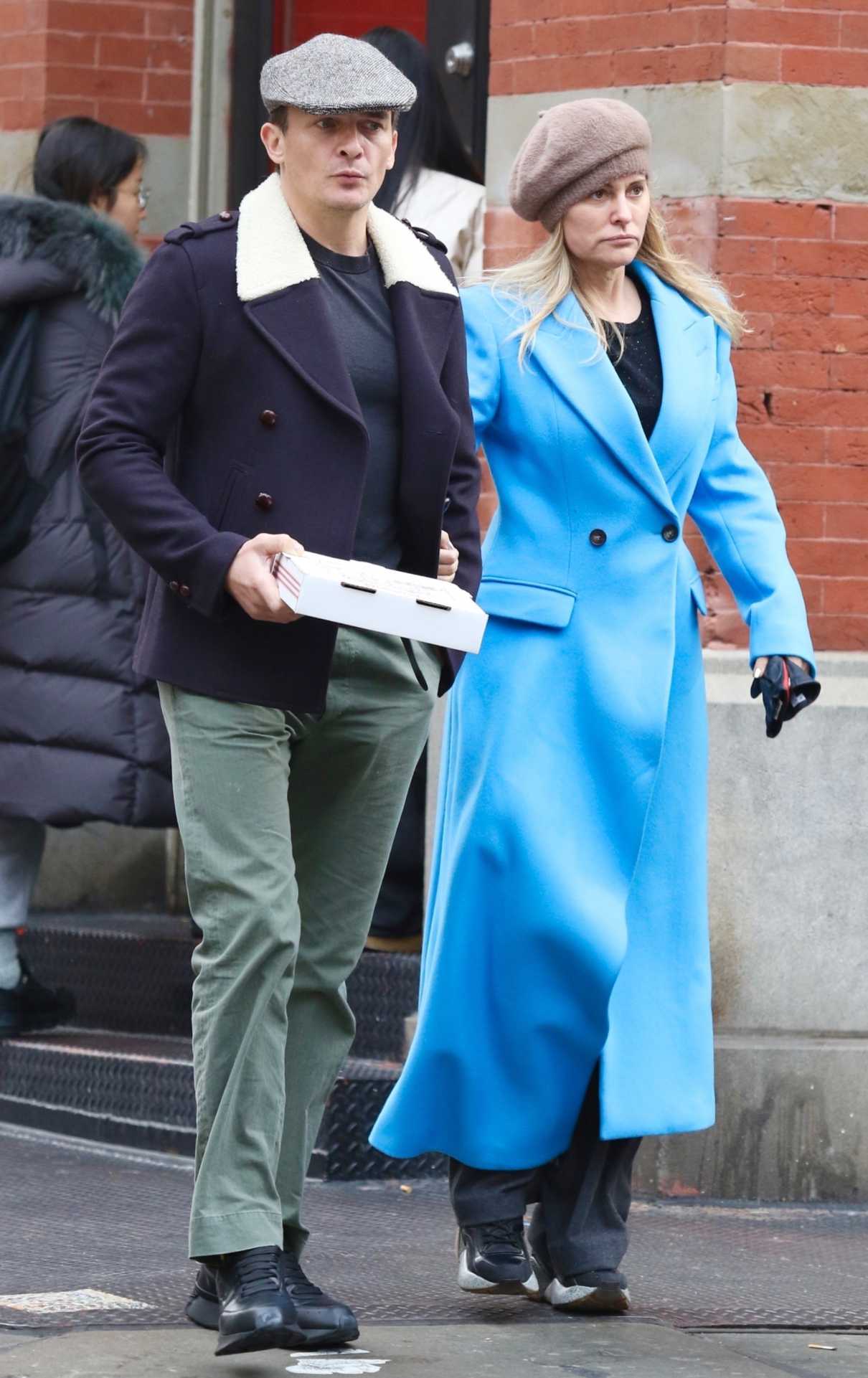Let’s talk about something that’s been buzzing around the internet lately—Aimee Jaihall naked. Now, before you think this is just another clickbait article, let me stop you right there. We’re diving deep into the reality of online sensationalism, the importance of respecting privacy, and why this topic matters more than you might think. So, buckle up because we’re about to uncover some truths you probably haven’t considered yet.
You’ve likely seen headlines like this pop up on your social media feed or random websites promising exclusive content. But have you ever stopped to think about what’s really behind these types of articles? It’s not just about clicks; it’s about ethics, privacy, and understanding the impact of spreading such content. In a world where information travels faster than ever, it’s crucial to approach topics like this with care and respect.
This article isn’t here to exploit or invade anyone’s privacy. Instead, we’re going to explore why such headlines exist, how they affect individuals, and what you can do to be a more responsible consumer of online content. Whether you’re here out of curiosity or genuine concern, you’re in the right place. Let’s get started!
- Tina Ebony The Alluring Icon Of Modern Entertainment
- Sixpenny Chair Dupe Your Ultimate Guide To Finding Affordable And Stylish Alternatives
So, without further ado, let’s dive into the heart of the matter and break down the hype surrounding Aimee Jaihall and why we need to rethink the way we consume and share information online.
Who is Aimee Jaihall? A Quick Overview
Before we jump into the nitty-gritty of the topic, let’s take a moment to understand who Aimee Jaihall really is. Aimee is a name that might be familiar to some, but the reality is that she’s not necessarily a public figure or someone who has willingly put herself in the spotlight. In fact, much of the information circulating about her is based on assumptions, rumors, or outright false claims.
Here’s a quick rundown of what we know about Aimee:
- Rcoti Thermal Your Ultimate Guide To Harnessing The Power Of Heat Therapy
- Vista Motorcycle Accident Your Comprehensive Guide
- Aimee Jaihall is reportedly a young woman whose name has been linked to various online discussions.
- There’s little to no verified information about her life, career, or personal choices.
- Most of the content circulating online is speculative and often misleading.
It’s important to note that without credible sources or verified information, it’s dangerous to make assumptions or spread unverified claims. This is where the conversation about privacy and ethics becomes crucial.
Why Does This Topic Matter? The Bigger Picture
The internet has given us access to an endless stream of information, but with that comes the responsibility to consume and share content responsibly. When we talk about Aimee Jaihall naked, we’re not just discussing a random topic; we’re addressing a broader issue of how society treats personal privacy and consent in the digital age.
Here’s why this matters:
- Privacy Invasion: Sharing private images or information without consent is a violation of someone’s rights. It’s not just about Aimee; it’s about protecting everyone’s right to control their own narrative.
- Ethical Responsibility: As consumers of online content, we have a responsibility to think critically about the sources we trust and the impact of the content we share.
- Legal Implications: In many jurisdictions, sharing intimate images without consent is illegal and can have serious consequences for those involved.
By understanding these factors, we can better appreciate the importance of approaching sensitive topics like this with care and respect.
Understanding Online Sensationalism
Let’s talk about the elephant in the room—why do articles like this exist in the first place? The answer lies in the world of online sensationalism. Sensationalism is the practice of exaggerating or distorting facts to grab attention and generate clicks. And let’s be real, it works.
Here are some key points to consider:
- Clickbait Tactics: Headlines like “Aimee Jaihall naked” are designed to provoke curiosity and encourage clicks. They often promise more than they deliver, leaving readers feeling misled.
- Algorithmic Influence: Social media algorithms favor content that generates high engagement, which is why sensational headlines often go viral.
- Impact on Individuals: The spread of such content can have devastating effects on the individuals involved, leading to harassment, bullying, and even legal issues.
It’s crucial to recognize that behind every sensational headline is a real person with feelings, rights, and a life that can be deeply affected by the choices we make as content consumers.
How Sensationalism Affects Us All
While sensationalism might seem like a harmless way to get clicks, its impact extends far beyond the individual involved. It affects how we perceive information, how we treat others online, and even how we view privacy in general.
Consider this: every time you click on a sensational headline, you’re reinforcing the behavior of the platforms and content creators who profit from it. By choosing to engage with responsible, ethical content, we can collectively push back against the cycle of sensationalism.
The Ethics of Sharing Private Content
Now, let’s talk about the elephant in the room—ethics. Sharing private content without consent is not just morally wrong; it’s a violation of someone’s fundamental rights. In the case of Aimee Jaihall, the question isn’t whether the content exists—it’s whether it’s right to seek it out or share it.
Here’s why ethics matter:
- Respect for Privacy: Everyone deserves the right to control their own personal information and images.
- Impact on Mental Health: The spread of private content can lead to severe mental health issues for the individuals involved.
- Legal Consequences: Sharing intimate images without consent can result in legal action, fines, or even imprisonment in some cases.
By prioritizing ethics, we can create a safer, more respectful online environment for everyone.
Legal Protections Against Non-Consensual Sharing
Many countries have laws in place to protect individuals from the non-consensual sharing of intimate images. These laws are designed to hold accountable those who violate others’ privacy and to provide recourse for victims.
Some key legal protections include:
- Revenge Porn Laws: Many jurisdictions have specific laws against revenge porn, which is the sharing of intimate images without consent.
- Data Protection Regulations: Laws like GDPR in Europe aim to protect individuals’ personal data and give them control over how it’s used.
- Cyberbullying Laws: In some cases, the spread of private content can fall under cyberbullying laws, providing additional legal protections.
Understanding these laws is essential for both protecting yourself and respecting others’ rights.
How to Be a Responsible Content Consumer
So, how can you be a more responsible content consumer in today’s digital age? It’s simpler than you might think. Here are some practical tips:
- Think Before You Click: Before clicking on a sensational headline, ask yourself if the source is credible and if the content is ethical.
- Verify Information: Always check multiple sources before believing or sharing information.
- Respect Privacy: If content is private or shared without consent, don’t engage with it or share it further.
By making small changes in how we consume and share content, we can collectively make a big difference in creating a safer, more ethical online environment.
The Power of Critical Thinking
Critical thinking is your best defense against sensationalism and misinformation. By questioning the sources you encounter and analyzing the information presented, you can avoid falling into the trap of clickbait and unethical content.
Here are some questions to ask yourself:
- Is the source credible?
- Does the content respect the privacy and dignity of the individuals involved?
- Am I contributing to the spread of harmful or misleading information?
By fostering a culture of critical thinking, we can all play a role in shaping a better online world.
The Role of Social Media Platforms
Social media platforms play a significant role in the spread of sensational content. While they have policies in place to prevent the sharing of private images without consent, enforcement can be inconsistent. As users, we have the power to hold these platforms accountable by reporting inappropriate content and advocating for stronger protections.
Here’s how you can make a difference:
- Report Content: If you come across content that violates someone’s privacy, report it to the platform immediately.
- Engage Responsibly: Avoid engaging with or sharing content that exploits or invades someone’s privacy.
- Advocate for Change: Use your voice to push for stronger policies and enforcement from social media companies.
Together, we can create a more responsible and ethical online community.
How Platforms Are Responding
Many social media platforms are taking steps to combat the spread of non-consensual content. For example:
- Facebook: Implements AI tools to detect and remove revenge porn.
- Twitter: Has policies against the sharing of private images without consent.
- Instagram: Allows users to report and block content that violates privacy.
While progress is being made, there’s still a long way to go. Your involvement and vigilance are crucial in this ongoing effort.
Conclusion: Taking Action for a Better Online World
As we wrap up this discussion on Aimee Jaihall naked, it’s important to remember that this isn’t just about one person or one headline. It’s about the broader issue of how we treat privacy, consent, and ethics in the digital age. By approaching topics like this with care and respect, we can all contribute to creating a safer, more responsible online environment.
Here’s a quick recap of what we’ve covered:
- The dangers of sensationalism and clickbait.
- The importance of respecting privacy and consent.
- How to be a responsible content consumer.
- The role of social media platforms in combating unethical content.
Now, it’s your turn to take action. Whether it’s by thinking critically about the content you consume, reporting inappropriate material, or advocating for stronger protections, every small step counts. Together, we can make a difference.
So, what’s next? Leave a comment below sharing your thoughts on this topic. Spread the word by sharing this article with your friends and family. And most importantly, let’s all commit to being more responsible and ethical online citizens. The future of the internet depends on it.
Table of Contents
- Who is Aimee Jaihall? A Quick Overview
- Why Does This Topic Matter? The Bigger Picture
- Understanding Online Sensationalism
- The Ethics of Sharing Private Content
- How to Be a Responsible Content Consumer
- The Role of Social Media Platforms
- Conclusion: Taking Action for a Better Online World



Detail Author:
- Name : Mr. Hilario Sipes V
- Username : jaylin.flatley
- Email : kane32@spencer.net
- Birthdate : 1984-12-12
- Address : 219 Elissa Square Suite 619 Tommiefurt, PA 72579-7809
- Phone : +1-570-832-3357
- Company : Nitzsche, Kessler and Jast
- Job : Gaming Surveillance Officer
- Bio : Voluptatem doloremque velit maiores omnis repellat in rerum expedita. Ea doloremque ea facilis ut reiciendis in ex. Perferendis non pariatur nulla voluptate.
Socials
instagram:
- url : https://instagram.com/gerlach1978
- username : gerlach1978
- bio : Assumenda quo maiores facilis nobis et aut. Sit fugit aperiam saepe odit quos aperiam.
- followers : 337
- following : 2017
twitter:
- url : https://twitter.com/kacey8157
- username : kacey8157
- bio : A ab ab ut at. Sint porro harum velit nisi et est. Saepe deleniti sed ab ut ullam dolores excepturi.
- followers : 3650
- following : 1219
facebook:
- url : https://facebook.com/gerlachk
- username : gerlachk
- bio : Ratione veniam quia iure illum. Quasi ipsum deleniti possimus fugit.
- followers : 3691
- following : 2934